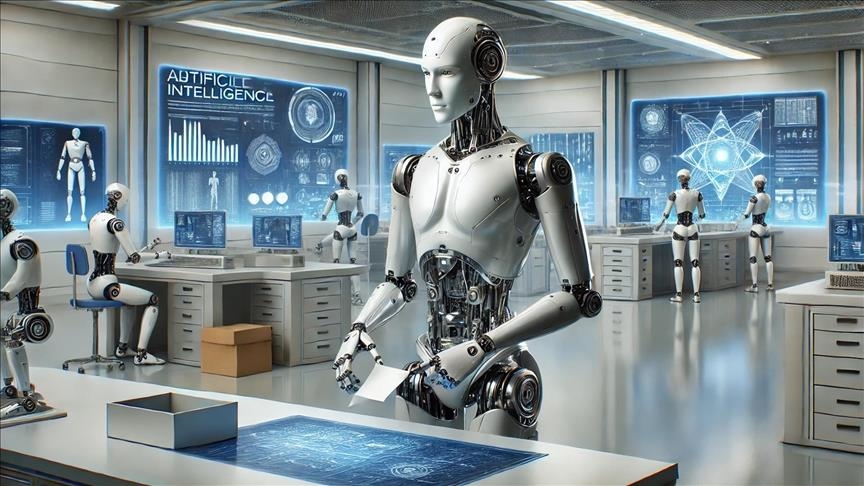In today’s fast-paced technological landscape, AI-based quality standards are transforming the way industries approach quality assurance (QA). By integrating artificial intelligence into QA processes, organizations are achieving unprecedented levels of efficiency and precision. This shift is not just a trend, but a fundamental change in how quality is managed across various sectors.

The Rise of AI in Quality Assurance
As industries strive to meet the demands of a competitive market, the adoption of AI in quality assurance has become a game-changer. AI-based quality standards provide a framework for leveraging machine learning algorithms and data analytics to enhance product quality and reduce defects. This approach allows companies to stay ahead by ensuring consistent quality and minimizing human error.
Understanding AI-Based Quality Standards
At the core of AI-based quality standards is the utilization of advanced technologies to monitor and control quality metrics. These standards involve the integration of AI systems into production lines, enabling real-time data analysis and decision-making. As a result, manufacturers can detect anomalies, predict defects, and implement corrective actions swiftly.
Key Benefits of AI-Driven QA
The implementation of AI-driven quality assurance offers numerous benefits. Firstly, it enhances accuracy and consistency by eliminating subjective judgments that often lead to errors. Secondly, it significantly reduces inspection times, allowing for faster production cycles. Lastly, AI-driven QA systems can learn and adapt over time, continuously improving their performance without the need for constant human intervention.
Implementing AI in Quality Control Systems
To fully leverage the potential of AI-based quality standards, companies must focus on several key areas. These include investing in robust AI technologies, training personnel to work alongside AI systems, and fostering a culture that embraces innovation and change.
Challenges in Adopting AI for Quality Assurance
While the benefits are clear, adopting AI for quality assurance is not without its challenges. Companies must overcome hurdles such as data integration, system compatibility, and the need for skilled personnel to manage AI systems. Additionally, there is a need for standardized protocols to ensure the seamless implementation of AI technologies.
Real-World Applications of AI in QA
Several industries have successfully implemented AI quality inspection solutions to enhance their quality control processes. For example, in the automotive sector, AI systems are used to inspect components for defects, ensuring that only high-quality products reach the market. Similarly, the electronics industry utilizes AI to monitor and analyze circuit boards for faults, improving overall product reliability.
The Future of AI-Based Quality Standards
As technology continues to evolve, the role of AI in quality assurance is expected to expand. Future advancements may include the integration of edge AI technologies, which allow for localized data processing and decision-making. This would enable even greater efficiency and responsiveness in quality control systems.
AI and Smart Quality Control Systems
The development of smart quality control systems is a testament to the transformative power of AI. These systems utilize advanced algorithms to analyze vast amounts of data, providing actionable insights that drive continuous improvement. By embracing these innovations, companies can ensure that their products consistently meet the highest quality standards.
Neural Networks for Enhanced Quality Control
The use of neural networks in quality control has opened new possibilities for detecting complex patterns and anomalies that were previously undetectable. This capability enables manufacturers to identify potential issues before they escalate, reducing waste and improving overall efficiency.

FAQs on AI-Based Quality Standards
What are AI-based quality standards?
AI-based quality standards refer to the integration of artificial intelligence technologies into quality assurance processes. These standards aim to enhance accuracy, efficiency, and consistency in quality control.
How does AI improve quality assurance?
AI improves quality assurance by automating data analysis, detecting anomalies, and predicting defects with high precision. This reduces human error and accelerates the production process.
What are the challenges of implementing AI in QA?
Challenges include data integration, system compatibility, and the need for skilled personnel. Additionally, there is a requirement for standardized protocols to facilitate seamless AI implementation.
For further insights on how AI is reshaping quality assurance in manufacturing, visit TechTarget and learn more about real-world AI applications.
This article contains affiliate links. We may earn a commission at no extra cost to you.

